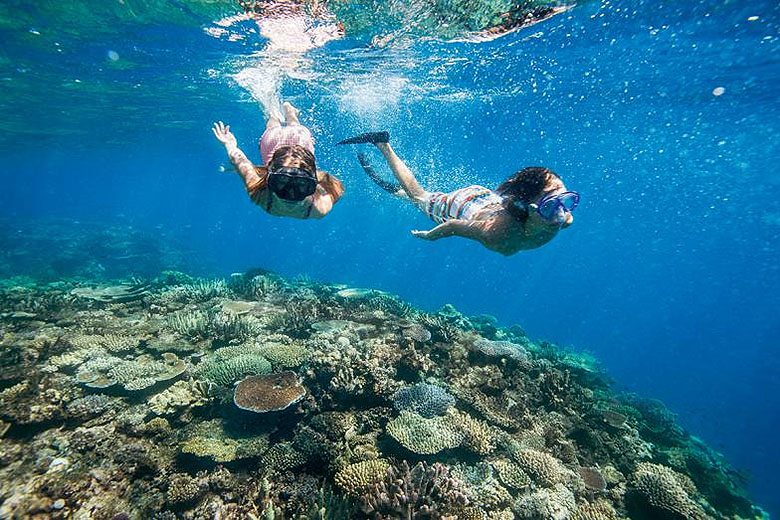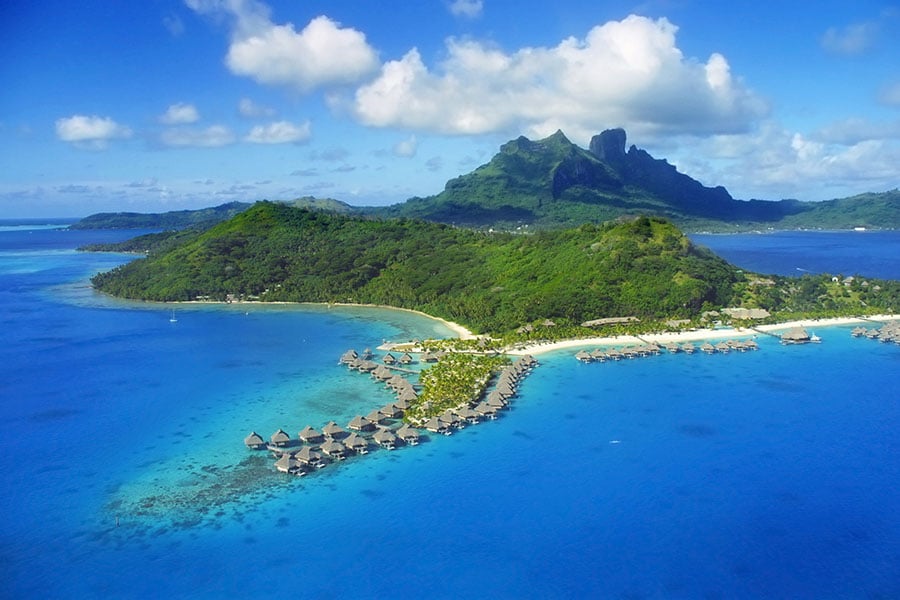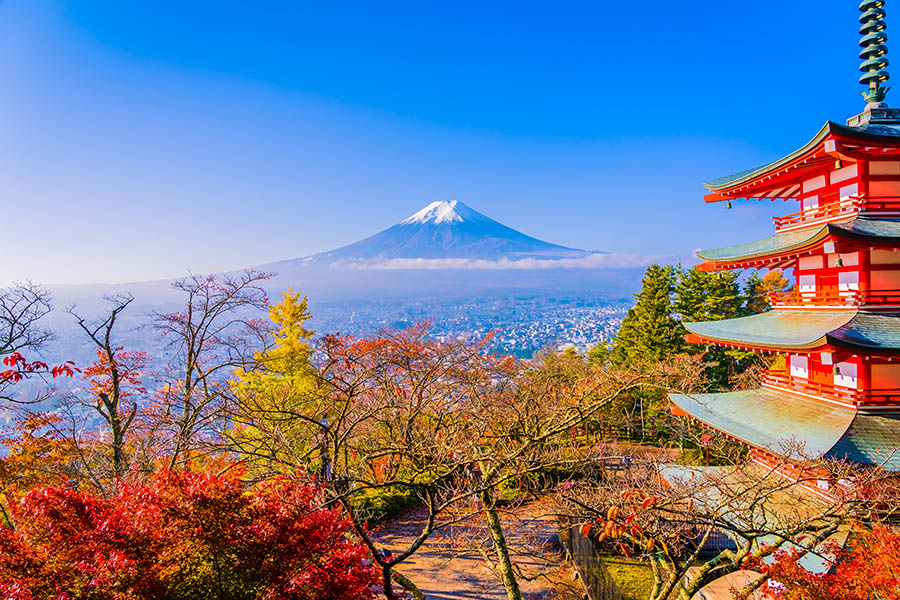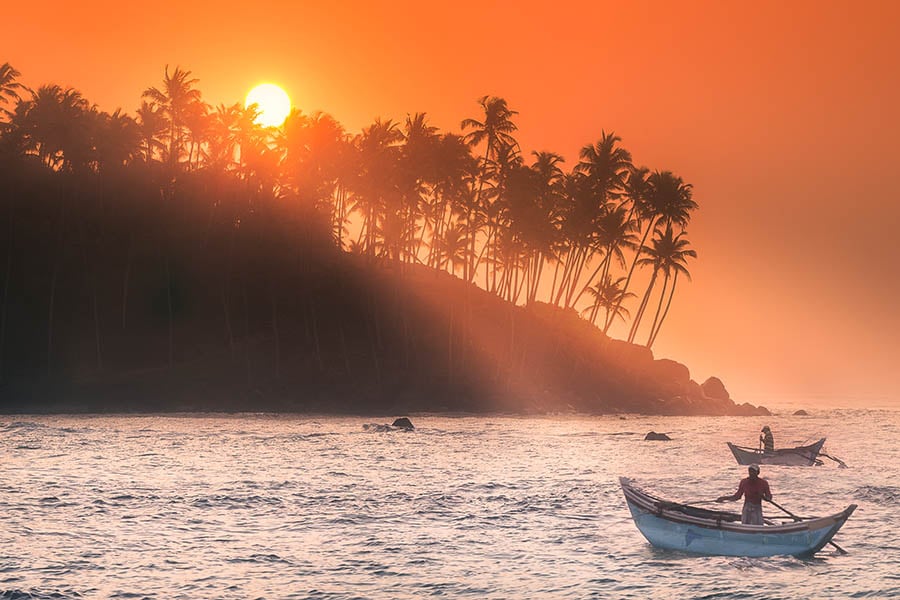Coral reef conservation: how to visit reefs responsibly
Colourful, curious and constantly thronging with life, coral reefs are the ‘rainforests of the ocean’. They are mind-boggling kaleidoscopic communities made up of thousands of species, from tiny polyps to colossal whales and giant manta rays.
While coral reefs cover less than 1% of the ocean, they support a quarter of ALL marine life. Snorkelling or diving through a coral reef will open your eyes to the dazzling diversity of the world beneath the waves, giving you a whole new perspective on the planet.
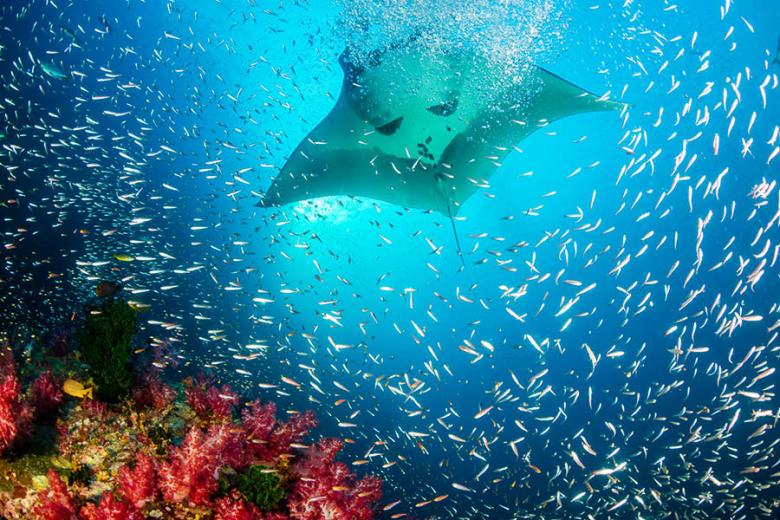
The risks to our coral reefs
The incredible biodiversity of coral reefs relies on a delicate natural balance. Every tiny creature plays a role in keeping the reef alive; everything exists for a reason. Just one single factor falling out of step can put the reef at risk. Corals are themselves animals rather than plants, but they are very fragile and sensitive to change.
Today, a combination of climate change and human impact is putting our coral reefs in real jeopardy. In fact, it’s thought that 20% of the world’s coral reefs have already been lost and a further 15% could disappear in the next decade.
If, as tourists, we wish to continue exploring the rare beauty of coral reefs, it’s now essential that we do so responsibly, causing minimal impact and conserving the ecosystems.
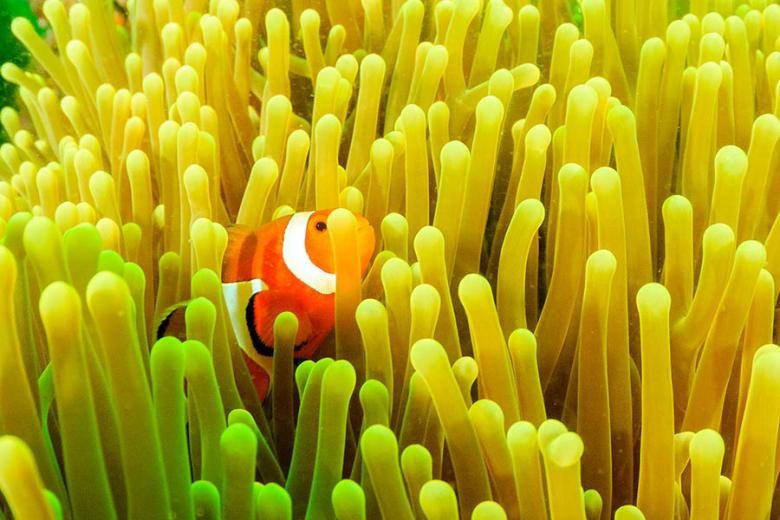
Why do we need coral reefs?
Aside from their sensational beauty and biodiversity, we need coral reefs for many reasons. Although much of the oxygen that we breathe comes from rainforests and other land-based plants, over 85% of our oxygen is produced by marine plants.
Coral reefs provide shelter for a staggering number of species, and they are crucial to the economy of coastal communities. In Australia, the Great Barrier Reef supports 64,000 jobs and brings over $6 billion into the economy. On top of that, coral reefs form natural barricades to hurricanes and typhoons, while compounds found in coral are now being used in medicines to treat cancer.
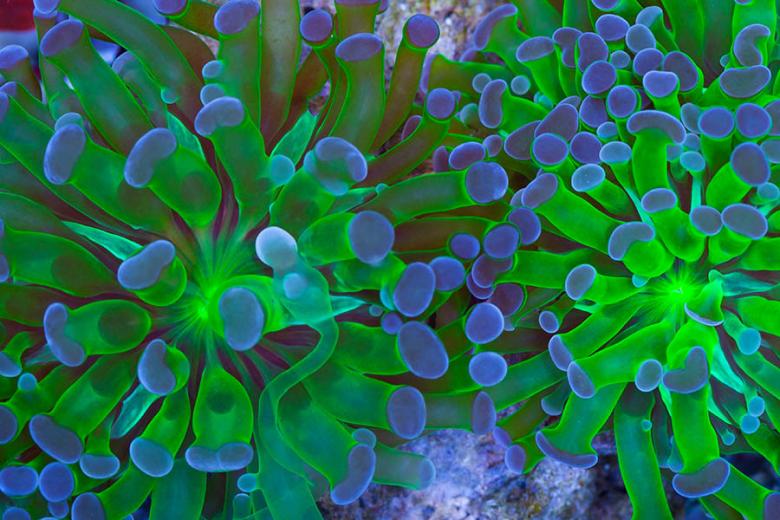
Case study: the Great Barrier Reef
Big enough to be seen from outer space; the Great Barrier Reef is one of our most unique and precious natural environments. Covering an area roughly the same size as 70 million football fields off the coast of Queensland, it’s a psychedelic underwater playground composed of 3000 coral reefs, 600 continental islands, 300 coral cays and around 150 inshore mangrove islands. In other words, it’s HUGE.
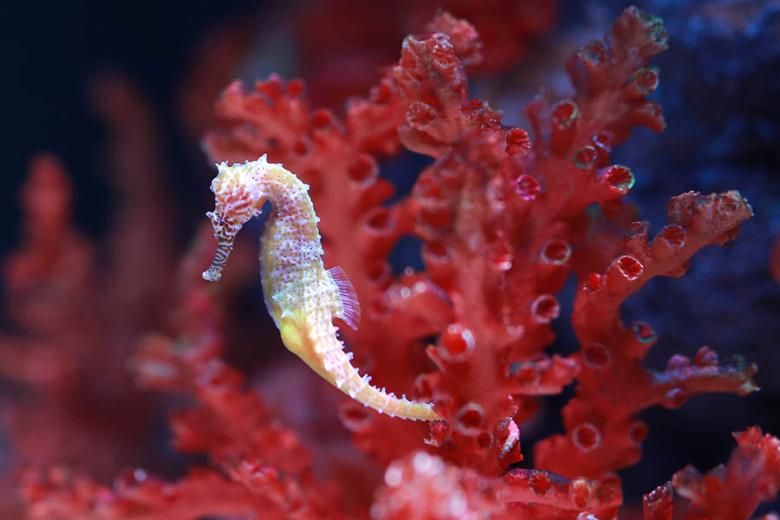
On top of this, the Great Barrier Reef is one of the most biodiverse regions on the planet. It’s thought that almost 10% of the world’s fish species can be found on the reef, swimming between 600 types of hard and soft coral. In addition, the reef supports over 215 bird species, 6 species of marine turtle, 30 species of whales and dolphins and 133 species of sharks and rays. The list goes on and on.
On the Great Barrier Reef, global warming has recently led to a series of devastating mass coral bleaching events, while pollution and over-tourism are continually chipping away at the health of the reef. In some sections of the reef, over 80% of the coral is now irrevocably damaged, so it’s essential that we do whatever we can.
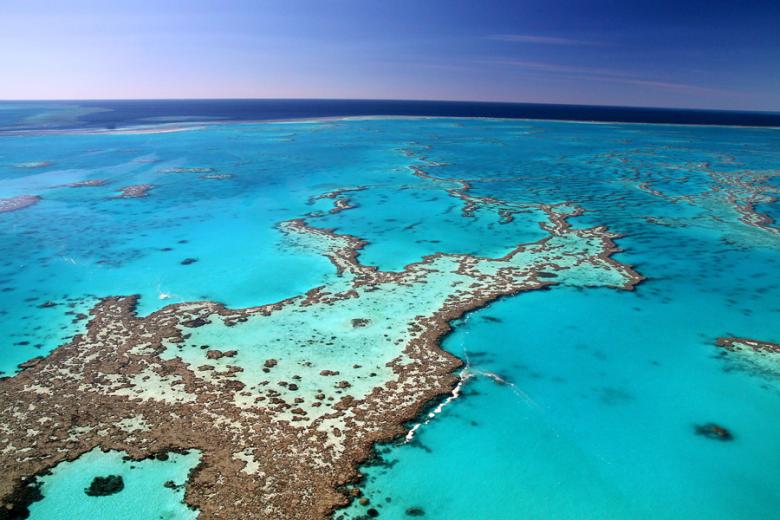
Golden rules for visiting reefs responsibly
Coral reefs are breath-taking on a colossal scale, and there’s nothing quite like exploring a coral garden for yourself. While we still encourage our customers to explore these extraordinary underwater wonderlands, it’s crucial that every visitor does their bit to protect the future of our reefs. Such rare natural beauty cannot be replicated or replaced.
Our handy guidelines apply to all coral reefs across the globe. Whether you’re visiting the Great Blue Hole in Belize, Ningaloo Reef in Western Australia, Bora Bora in French Polynesia or Raja Ampats in remote Indonesia, these same rules apply. As soon as you experience the wonder of a coral reef first-hand, you’ll become passionate about protecting them.
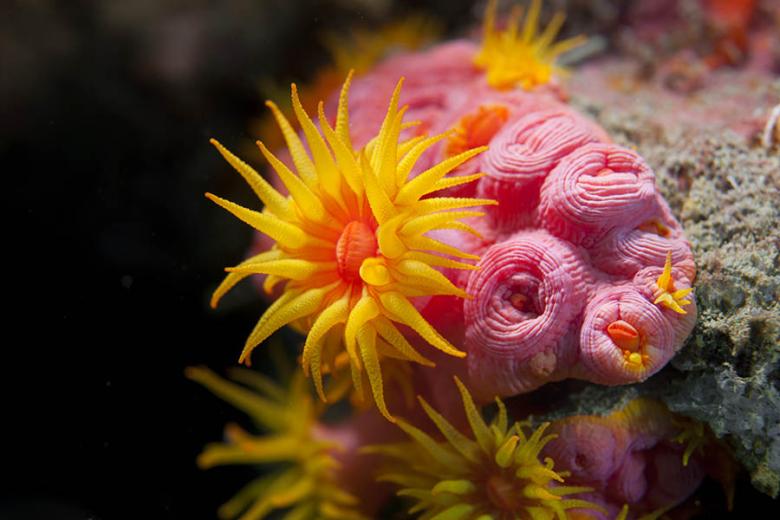
1. Use a responsible tour operator
First and foremost, make sure that your local snorkelling, sailing or diving tour operator has an ecotourism qualification and waste policy. A responsible company will use a buoy rather than an anchor to avoid coral damage, provide an environmental briefing and support local conservation efforts. At Travel Nation, we only sell tours supplied by operators committed to conserving coral reefs.
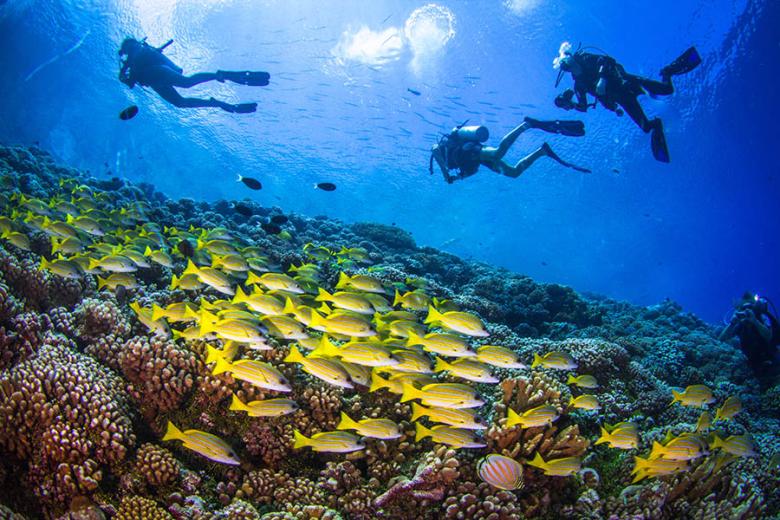
2. Don’t touch, step on or collect coral
Avoid stirring up any sediment with fins and avoid gloves in coral environments. Bear in mind that coral reefs are between 5,000 to 10,000 years old and even the big corals grow just 0.5 – 2.5 cm per year. A careless few steps on a patch of coral can take years to grow back!
3. Go slow and steady
Move slowly and deliberately, avoid sudden changes in direction and don’t make loud noises. The aim is to quietly watch the natural rhythm of the underworld unfold around you. Don’t block the path of any marine animals - just let them do their thing.
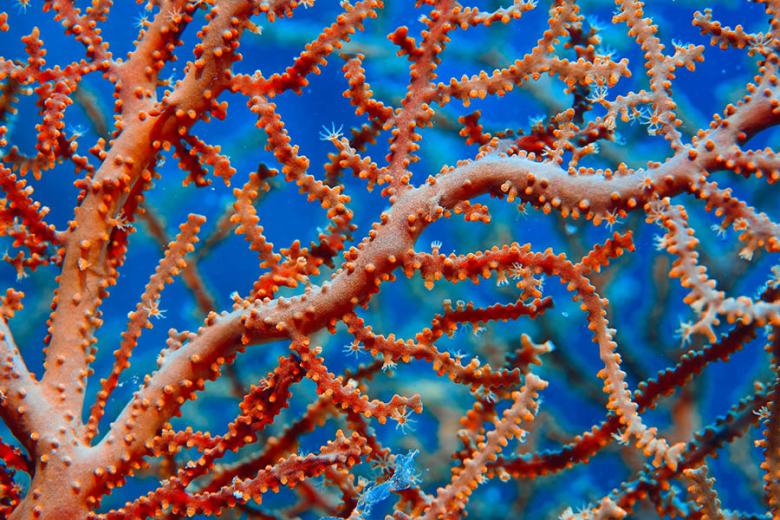
4. Be confident about your buoyancy
If you’re an inexperienced snorkeller or you’re a little rusty, practice your skills well away from the reef to avoid any accidental damage. Make sure you’ve nailed your buoyancy control before getting near the coral reef.
5. Never hand-feed the fish
Fish help to maintain a natural balance between coral and algae. They generally eat the algae on the corals, keeping it in check. If you feed the fish while snorkelling or swimming, they will no longer be hungry enough to eat the algae. The algae will then get the upper hand and grow over the coral, tipping the delicate balance of the reef.
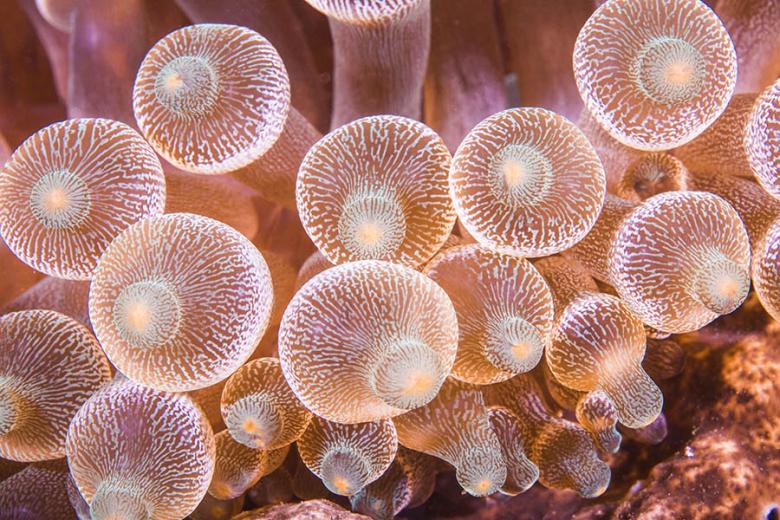
6. Don’t stalk the sea turtles for a selfie!
It’s easy to get hung up on snapping the perfect sea turtle shot, but it’s absolutely crucial not to crowd them. Chasing turtles with cameras not only disturbs them, but it can also actually be dangerous to their health. When frightened, turtles have a tendency to dive deeper into the water. However, they need to be able to reach the surface for air. Even a camera can kill, so be sure to keep a respectful distance.
7. Use reef-friendly sunscreen
Make sure that you use reef-friendly sunscreen that is free from both oxybenzone and octinoxate. Both of these substances are dangerous for the coral and, nowadays, eco-alternatives are easy to find. Wherever you are in the world, eco-friendly sunscreens are a great idea for keeping our oceans healthy.
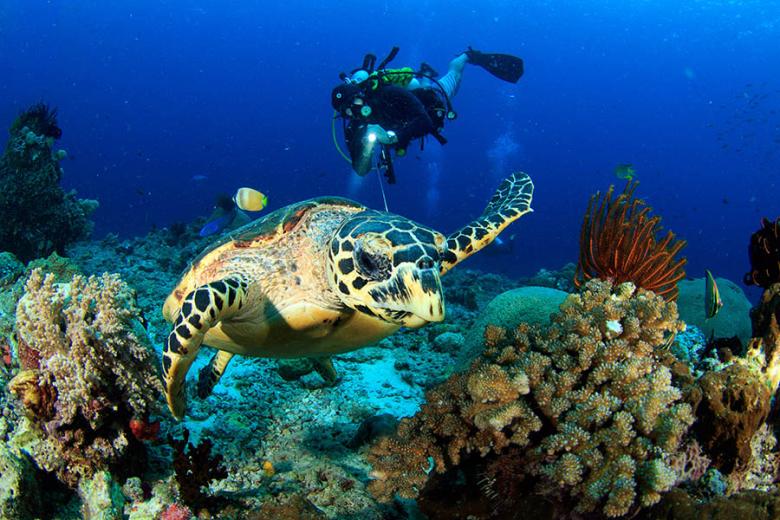
8. Say no to coral trinkets
Buying souvenirs made from coral fuels an unethical trade that encourages the removal of marine life from the fragile reefs. Far better to bring home gifts that don’t strip the sea bed.
9. Keep an eye out for litter
Be sure to pick up any litter or waste that you find while exploring reefs and beaches in general. Every little helps! Less pollution means more marine life.
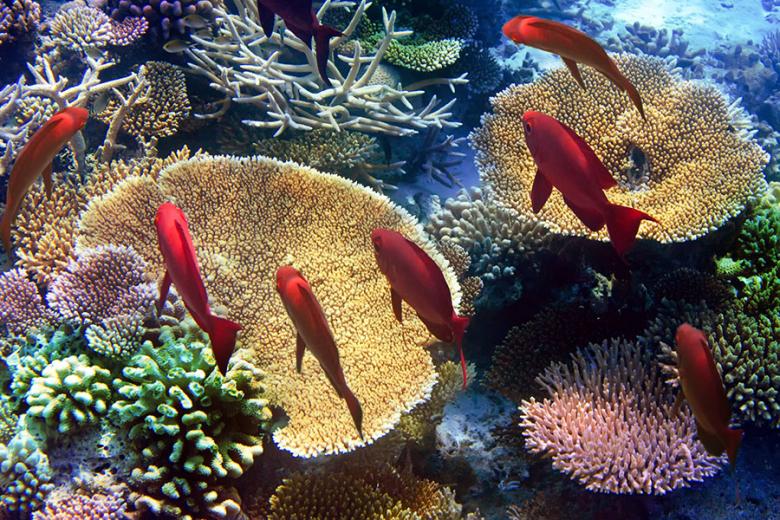
10. Ditch the bottled drinking water
Avoid using single-use plastics, such as water bottles, both at home and on holiday. Any reduction in plastic waste is beneficial to marine life and the planet as a whole.
11. Leave only bubbles!
Be sure to dispose of all of your waste responsibly at all times or, even better – reuse and recycle it!
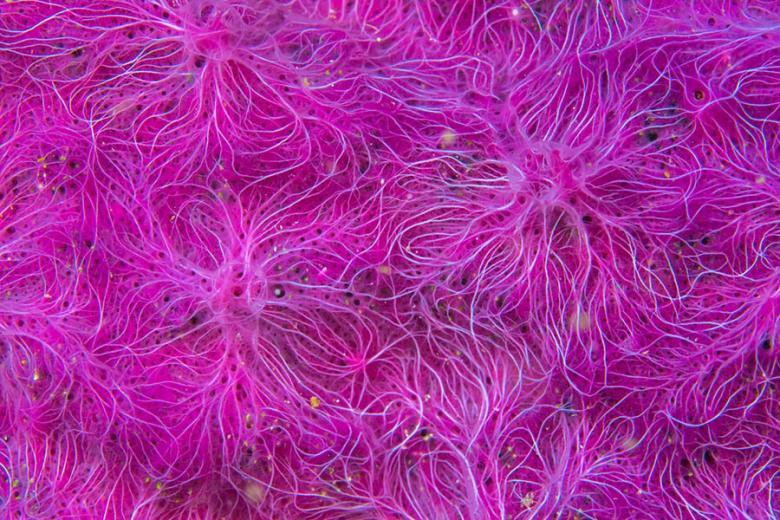
Ready to discover some of the world's most beautiful coral reefs?
We are experts in planning round the world holidays, multi-stop flights and tailor-made trips. We can build you a brilliant itinerary that combines diverse destinations and covers everything from flights to accommodation, car hire and responsible reef excursions. To get started, give us a call on 1273 320 580 or send us a quote request by email and we'll quickly get back to you.
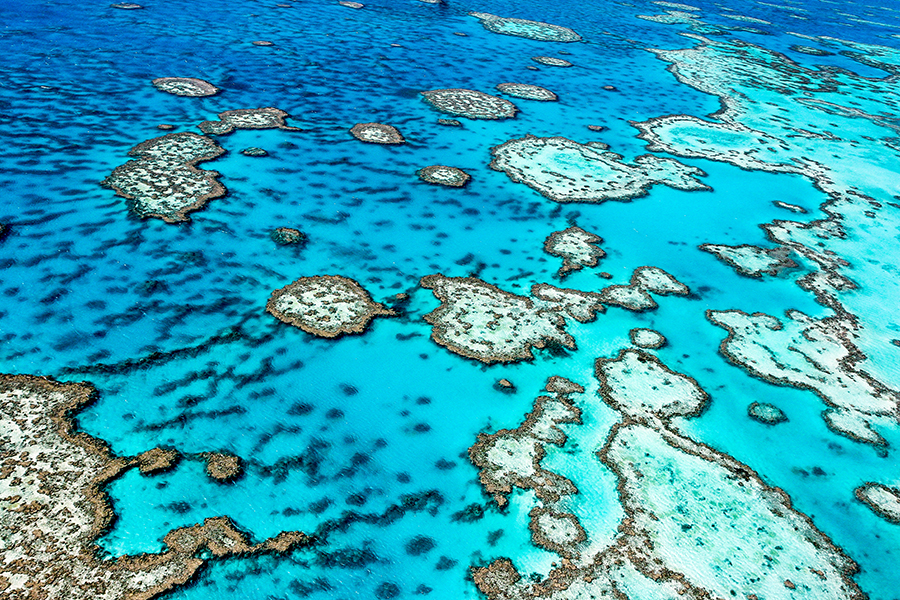
How to plan a brilliant Great Barrier Reef trip

Bryony Dunn
Marketing Manager
at Travel Nation
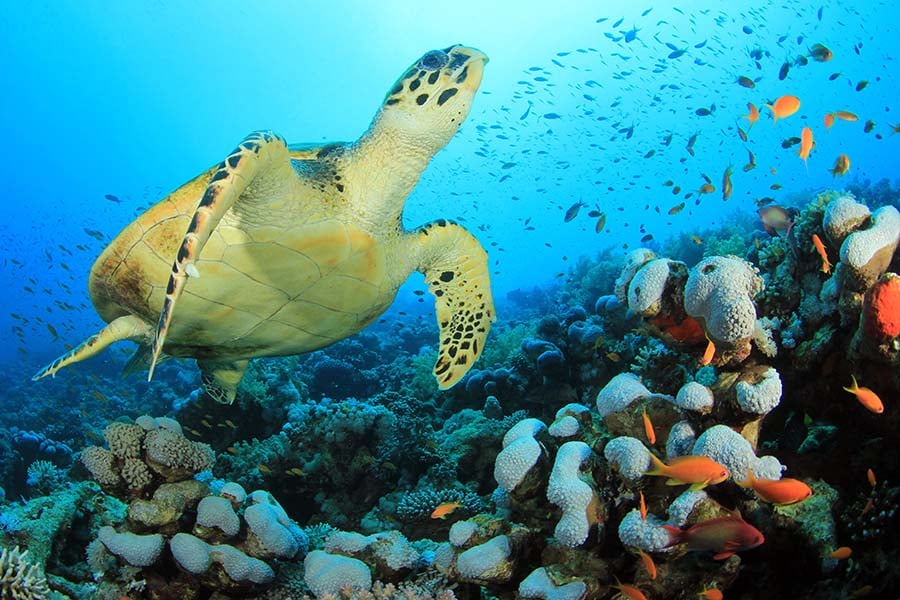
5 Incredible coral reefs to dive or snorkel around the world

Chris West
Senior Travel Consultant
at Travel Nation
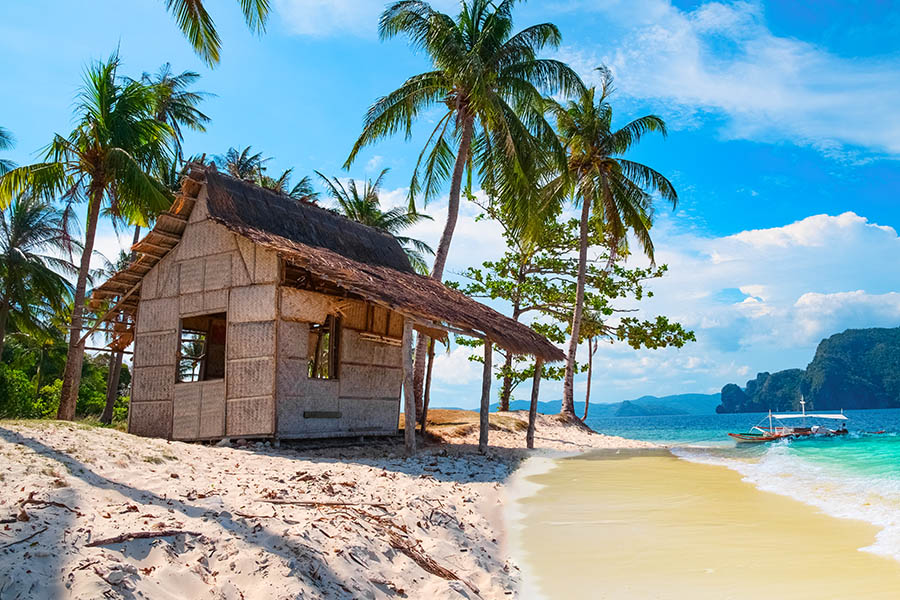
Two spots for a snorkelling escape on Palawan Island, Philippines

Verley North
Travelling friend
at Travel Nation

About the author Bryony Dunn
Marketing Manager
Bryony is an explorer in every sense of the meaning. In 2013 she took the plunge, quit her marketing job and decided to face down her lifelong panic disorder to begin life as a freelance digital nomad. Journeying all over Asia, for years she earned her keep writing for travel brands. Almost by accident, she ended up in Cali, Colombia where she discovered a remarkable (as yet latent) talent for Salsa dancing. After spending a year in sequins shimmying from dance show to dance show, she returned to the UK, tanned, toned and ready to settle down. Bryony joined Travel Nation as a round the world specialist in 2016 and is now the Marketing Manager, with a little salsa on the side.

